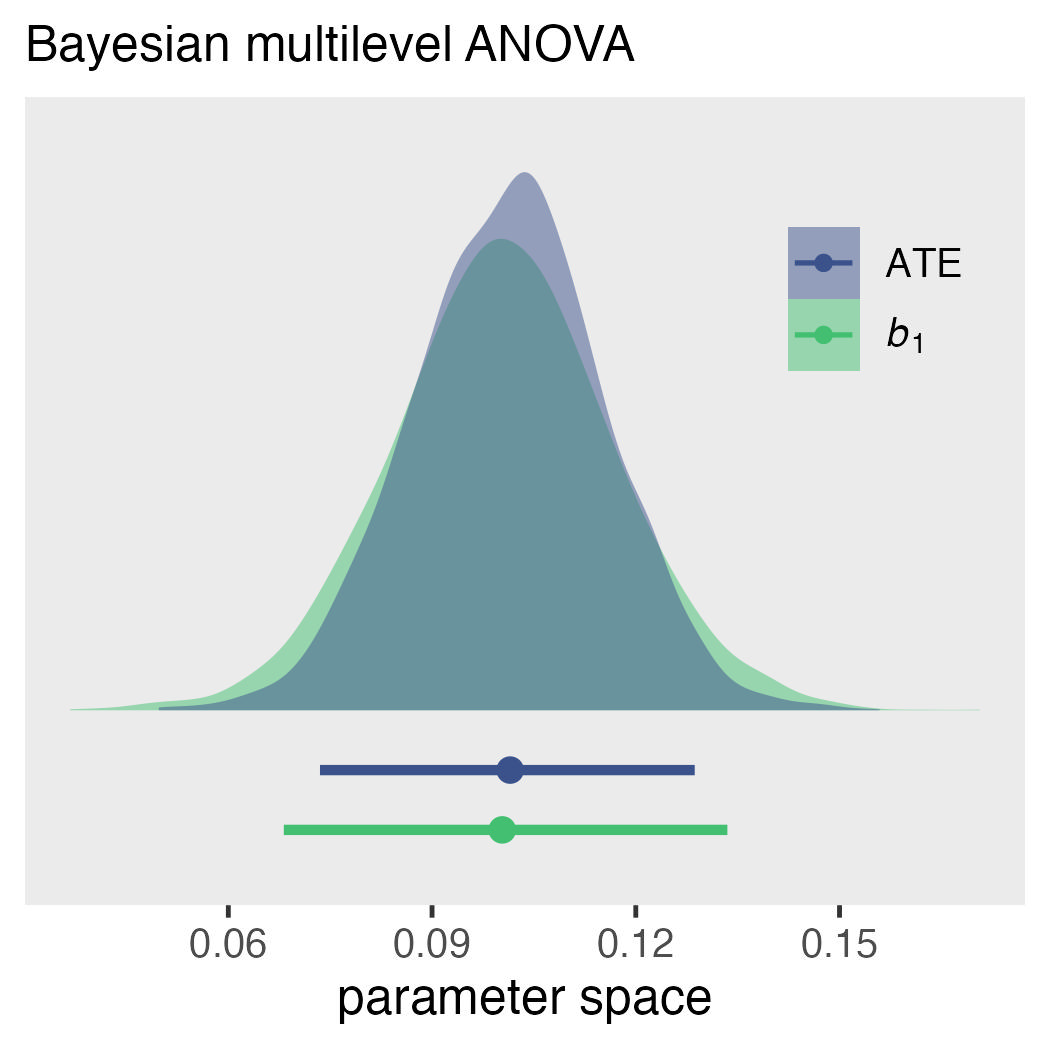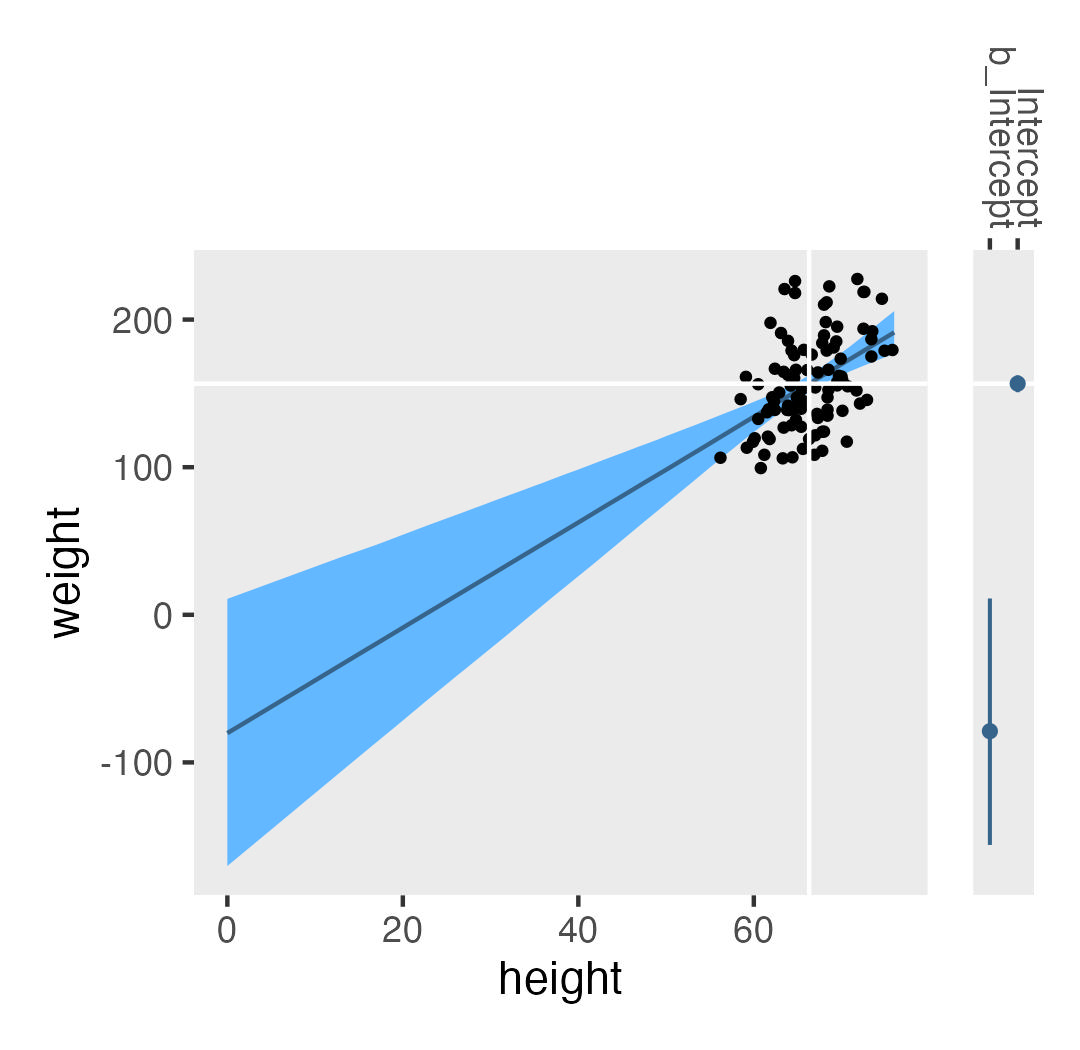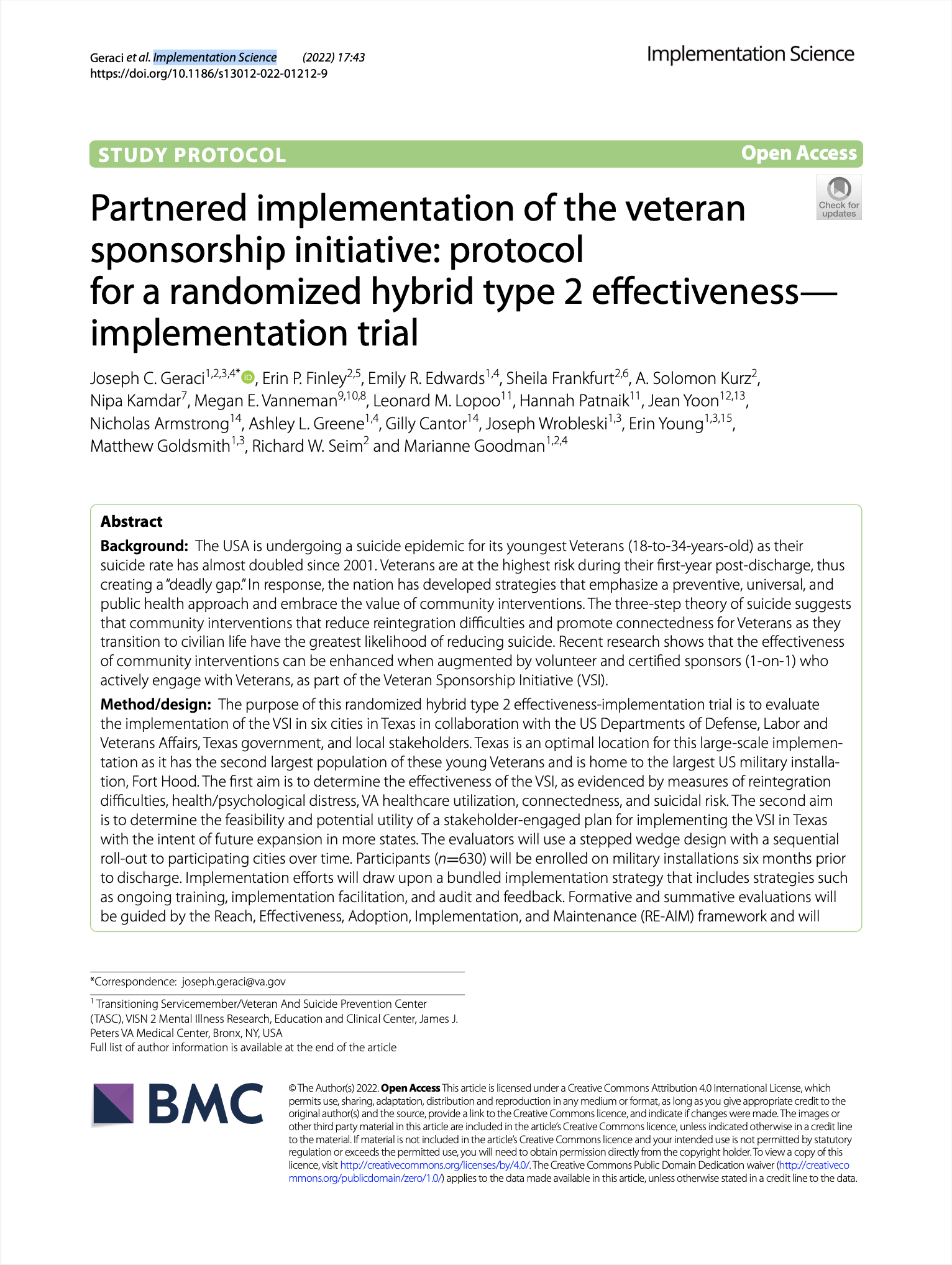Hey y’all
I am a full-time research psychologist, with a doctorate in clinical psychology from the University of Mississippi in 2018. My primary job is a research methods and statistics consultant at the VISN 17 Center of Excellence.
It’s been a minute, but I’m also trained as a therapist. My primary therapeutic orientations are ACT and mindfulness-based interventions. I have had additional focused training in the areas of trauma and substance use.
I also spend a lot of time making tutorial material on applied statistics, particularly from with the R computing framework.
Lately
Welcome to my blog
Within-person factorial experiments, log(normal) reaction-time data

This is the first post in a new series on causal inference. We will learn how to analyze data from true experiments with techniques from the contemporary causal inference literature. Unlike with my earlier series focused on the generalized linear model (GLM), all the data in this series will have more complicated structures, which we’ll capture with the generalized linear mixed model (GLMM). In this first post, we walk out the general framework using log(normal) reaction-time data collected from a within-person factorial experiment.
Read moreLearn Stan with brms, Part III

In this third post we explore different ways to fit a model with a mean-centered predictor, what this means for how we set our priors with brms, and what this all means for the underlying Stan code. Along the way we practice with the transformed data block, and get fancy with the model matrix.
Academic publications
Partnered implementation of the veteran sponsorship initiative: protocol for a randomized hybrid type 2 effectiveness—implementation trial

Abstract Background: The USA is undergoing a suicide epidemic for its youngest Veterans (18-to-34-years-old) as their suicide rate has almost doubled since 2001. Veterans are at the highest risk during their first-year post-discharge, thus creating a “deadly gap.” In response, the nation has developed strategies that emphasize a preventive, universal, and public health approach and embrace the value of community interventions. The three-step theory of suicide suggests that community interventions that reduce reintegration difficulties and promote connectedness for Veterans as they transition to civilian life have the greatest likelihood of reducing suicide.
Read moreDevelopment and validation of the State Moral Elevation Scale: Assessing state-level elevation across nonclinical and clinical samples

Abstract Research on moral elevation has steadily increased and identified several psychosocial benefits that bear relevance to both the general population and people with psychological distress. However, elevation measurement is inconsistent, and few state-level measures have been created and critically evaluated to date. To address this gap, the State Moral Elevation Scale (SMES) was developed and tested using an online sample (N = 930) including subsamples of general participants (nonclinical) and those who screened positive for mental health symptoms (clinical).
Read moreWorkshops
Quarto for professional websites

Prerequisites We assume familiarity with R and RStudio. Outcomes After completing this course, the participants will: have a basic professional website, built primarily with Quarto, with files stored on GitHub, and hosted by Quarto Pub. Supporting materials You can find supporting materials from the workshop on the OSF at https://osf.io/es8bv/.
Read moreIntroduction to Bayesian statistics with brms and the tidyverse

In partnership with Physalia Course, this will be my first introductory Bayesian statistics workshop since grad school.
Read more